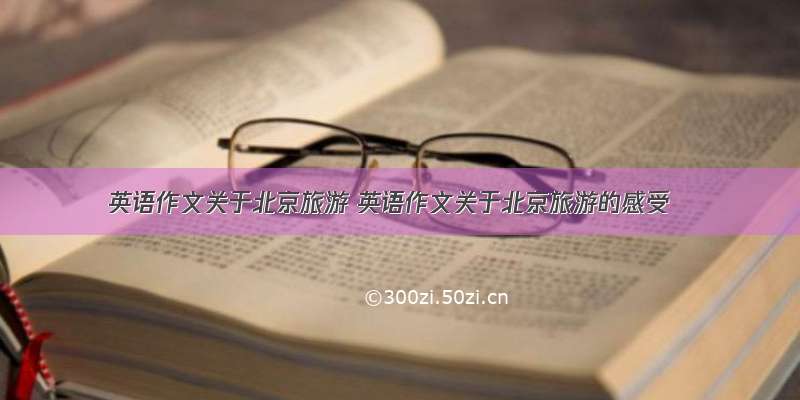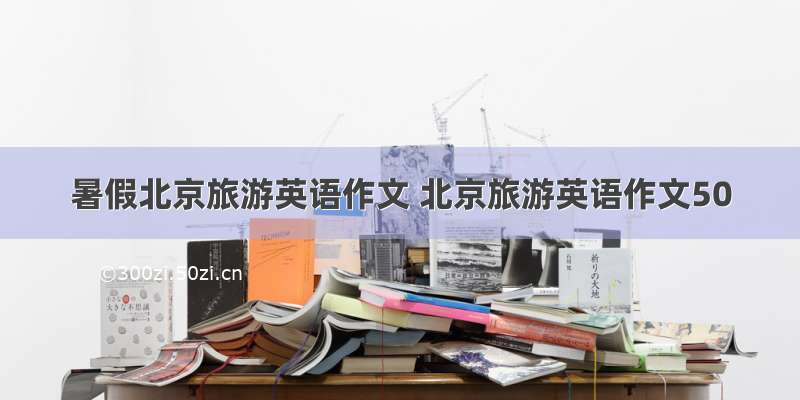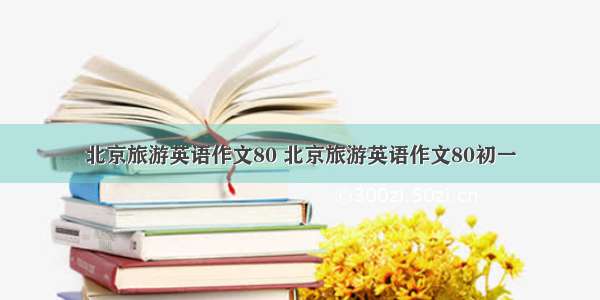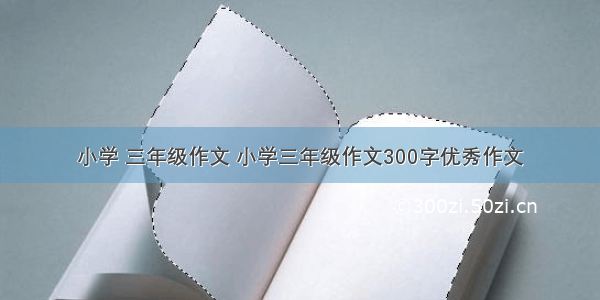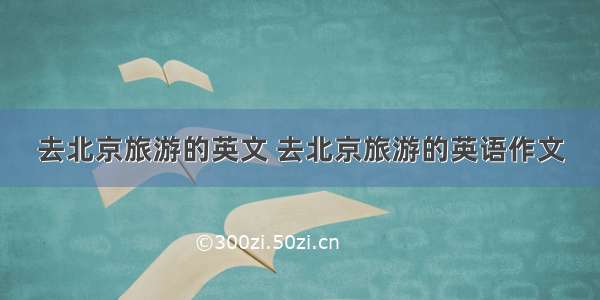
2. Planning for the trip
3. Transportation
4. Accommodation
5. Sightseeing
6. Food
7. Shopping
8. Conclusion
1. Introduction
If you are planning a trip to China, then a visit to Beijing is a must. Beijing is the capital of China, and it is home to some of the country’s most famous landmarks and tourist attractions. From the Great Wall of China to the Forbidden City, there is plenty to see and do in Beijing. In this article, we will provide you with a guide for traveling to Beijing, and some useful tips to help you make the most of your trip.
2. Planning for the trip
Before embarking on your Beijing trip, it is important to do some planning. This will help you to make the most of your time in the city and ensure that you have a safe and enjoyable trip. Some things that you need to consider when planning your trip include the best time to visit, the length of your stay, and the activities that you want to do.
The best time to visit Beijing is during the spring (March to May) or autumn (September to November) months. During these times, the weather is mild, and there are fewer crowds. If you plan to visit during the summer, be prepared for hot and humid weather, and the winter months can be cold and snowy.
The length of your stay will depend on your schedule and the activities you want to do. However, we recommend spending at least four to five days in Beijing to make the most of your time there.
When deciding on the activities that you want to do, it is important to consider the distance between them. Some attractions are located far apart, and it is best to group them together by location to save time and money.
3. Transportation
Beijing has a comprehensive transportation network that includes buses, subways, taxis, and ride-sharing services. The subway system is the most convenient and cost-effective way to get around the city. There are currently over 20 subway lines in Beijing, and it is easy to navigate with English signage displayed throughout the stations.
Taxis are also readily available in Beijing, but be prepared for heavy traffic during peak hours. Make sure to take a licensed taxi and confirm the fare before getting in the car. It is also advisable to have the address of your destination written in Chinese characters to avoid any confusion.
If you are traveling outside of the city, you can take a train or a bus. Beijing has four major train stations, and you can book tickets online or at the station. Buses are also available, but they are not as comfortable or reliable as the train.
4. Accommodation
When it comes to accommodation, Beijing has a range of options to suit any budget. From hostels to luxury hotels, there is something for everyone. The most popular areas to stay in Beijing are the city center (Dongcheng and Xicheng), as well as the business district (Chaoyang).
If you are on a budget, hostels and guesthouses are a great option. They are affordable, clean, and offer the opportunity to meet other travelers. If you prefer more privacy and comfort, you can opt for mid-range hotels or serviced apartments.
Luxury hotels are available in Beijing, and they offer a high level of service and comfort. Some of the most famous luxury hotels include the Ritz-Carlton, the Four Seasons, and the Park Hyatt.
5. Sightseeing
Beijing is home to some of China’s most famous landmarks and tourist attractions. Here are some of the must-see sights in the city:
The Forbidden City: This is the former imperial palace of the Ming and Qing dynasties. It is a massive complex with over 900 buildings and is one of the most visited attractions in China.
The Great Wall of China: The Great Wall is a UNESCO World Heritage Site and one of the most iconic landmarks in the world. There are several sections of the wall that you can visit from Beijing.
Tiananmen Square: This is the largest public square in the world and is located in the heart of Beijing. It is also the site of several important historical events, including the 1989 protests.
The Summer Palace: This former imperial garden is a peaceful retreat from the hustle and bustle of the city. It features pavilions, lakes, and temples, and is a great place to relax and enjoy the scenery.
The Temple of Heaven: This is a Taoist temple and a UNESCO World Heritage Site. It is known for its stunning architecture and beautiful gardens.
6. Food
Beijing cuisine is famous for its hearty and flavorful dishes. One of the most famous dishes is Peking Roast Duck, which is typically served with pancakes, scallions, and sweet bean sauce. Other popular dishes include jiaozi (dumplings), hot pot, and zhajiangmian (noodles with soybean paste).
Street food is also popular in Beijing, and you can find stalls selling everything from baozi (steamed buns) to chuanr (grilled meat skewers). If you are feeling adventurous, you can try some of the more unusual street food, such as scorpion or starfish.
7. Shopping
Beijing is a shopper’s paradise, with a range of markets, department stores, and malls to choose from. Some of the most popular places to shop include:
Wangfujing: This is a popular pedestrian shopping street that features both local and international brands. It is also known for its traditional Chinese snacks and street food.
Silk Street Market: This is a famous market for souvenirs and knock-off designer goods. Be prepared to haggle with the vendors, and make sure to check the quality of the items before purchasing.
Sanlitun Village: This is a trendy shopping and dining complex that features international brands and high-end restaurants.
798 Art District: This is a unique shopping area that is home to galleries, boutiques, and cafes. It is a great place to find original artwork and handmade crafts.
8. Conclusion
Travelling to Beijing is an exciting and unforgettable experience for many people around the world. The ancient capital of China has a rich history, majestic scenery, exquisite cuisine, and diverse cultural heritage that attracts millions of tourists every year. In this essay, we will explore the reasons why Beijing is a popular travel destination, the places you should visit, the culture and traditions of the city, and finally, some tips on how to enjoy your trip.
II. Reasons to Travel to Beijing
1. Rich Historical Heritage
Beijing is a city with a long history that dates back to the ancient Chinese dynasties. This history is reflected in the many historical sites, such as the Great Wall of China, the Forbidden City, and the Temple of Heaven. Visiting these sites gives you a glimpse into Chinas rich cultural heritage, as well as an insight into the lives of the royals, emperors, and common people who lived in China centuries ago.
2. Exquisite Cuisine
Beijing is renowned for its diverse and authentic cuisine that has been preserved for centuries. Some of the famous dishes include Peking Duck, dumplings, and Beijing Noodles, which are all unique and distinct to the region. Beijing food has a rich cultural heritage and is infused with traditional Chinese medicine principles, which makes it not only delicious but also healthy.
3. Unique Cultural Heritage
Beijing has a unique and diverse cultural heritage that is reflected in its traditional architecture, music, dance, and art. It is also the hub of Chinese opera, which is an art form that has been preserved for centuries. Visitors can watch live performances of traditional Chinese opera and immerse themselves in the rich cultural heritage of Beijing and China.
4. Scenic Beauty
Beijing is surrounded by beautiful natural scenery, such as the Mutianyu Great Wall, the Summer Palace, and the Fragrant Hills, which are all popular tourist attractions. These attractions offer numerous outdoor activities, such as hiking, boating, and skiing, which are great for adventure seekers.
III. Places to Visit in Beijing
1. The Great Wall of China
The Great Wall of China is one of the most famous landmarks in the world and a must-see attraction in Beijing. You can explore the wall by taking a hike, cable car, or toboggan. The Mutianyu section of the wall is less crowded and offers the most scenic views.
2. Forbidden City
The Forbidden City is a UNESCO World Heritage Site and was once home to the emperors of China for centuries. Visiting the palace will give you an insight into the life of royalty during the dynasty era.
3. Temple of Heaven
The Temple of Heaven is a stunning example of Chinese architecture and design. The temple was used by the emperors to offer sacrifices to the heavens and is surrounded by beautiful gardens and trees.
4. The Summer Palace
The Summer Palace is a beautiful palace surrounded by water and lush greenery. It was the summer retreat of the emperors and offers a glimpse into Chinese design and architecture.
IV. Culture and Traditions of Beijing
1. Language
Mandarin Chinese is the dominant language in Beijing, but many people can also speak English in tourist areas.
2. Festivals
Beijing is home to many festivals throughout the year, such as the Spring Festival, Qingming Festival, and the Mid-Autumn Festival. These festivals are marked with fireworks, dances, and parades that showcase the rich cultural heritage of China.
3. Traditional Arts and Crafts
Beijing is a hub of traditional Chinese arts and crafts, such as cloisonne, jade carvings, and paper cutting, which make great souvenirs.
V. Tips for Enjoying Your Trip to Beijing
1. Plan Ahead
Ensure you plan your trip ahead, book your flights and accommodations, and research the places you want to visit to avoid any last-minute confusion.
2. Allow Time for Rest
Beijing is a big city with many attractions, so make sure you allow yourself some downtime to rest and relax.
3. Learn Basic Chinese Phrases
Learning Chinese can help you navigate the city, communicate with locals, and enhance your experience.
4. Dress Appropriately
Beijing has all four seasons, so make sure you pack appropriate clothes to suit the weather conditions.
5. Respect the Culture
Ensure you respect the local culture and traditions, such as removing your shoes when entering a temple or wearing appropriate clothing when visiting traditional sites.
VI. Conclusion

